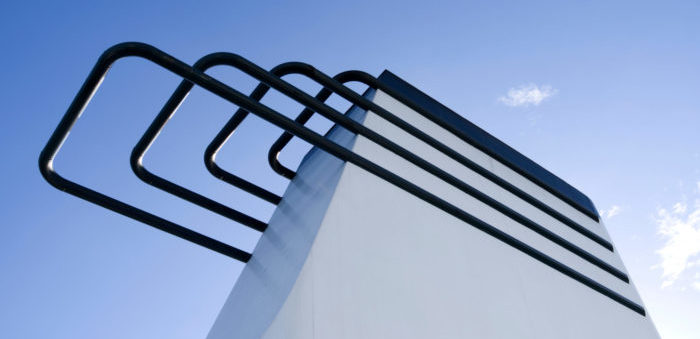Ship owners are rushing to install scrubbers this year ahead of the 2020 sulphur cap. Currently, ship operators have the option of either using cleaner, but more expensive, marine gasoil or install scrubbers which will clean the sulphur from the fuel oil.
According to Reuters, future prices of HSFO have decreased significantly over the past year while a drop in demand from 2020 is anticipated. In the meantime gasoil prices are expected to increase. Thus, lower HSFO prices have made scrubbers more economically attractive to the shipping industry.
[smlsubform prepend=”GET THE SAFETY4SEA IN YOUR INBOX!” showname=false emailtxt=”” emailholder=”Enter your email address” showsubmit=true submittxt=”Submit” jsthanks=false thankyou=”Thank you for subscribing to our mailing list”]
Scrubbers can cost 1 million euros and 5 million euros, Wartsila estimates. Considering that, along with the fact that the spread between HSFO and 0.5% gasoil is at about $28 a barrel, scrubbers still make economic sense, JBC believes.
JBC also added that the positive outlook the scrubbers currently have, could enhance the trend of a narrowing discount of fuel oil compared to gasoil.
Now, 1,850 vessels have scrubbers, DNV GL informed. 716 scrubbers were installed or confirmed this year, an amount that is double the 368 scrubbers in 2017. This number is forecast to increase to 1,735 in 2019 and remain at similar numbers going into 2020.
Finally, by 2020, an estimated 4,000 ships would be retrofitted with scrubbers, of the total 94,000 vessels that are operating in the world, according to UNCTAD.
Recently, Scorpio Tankers announced that it entered into agreements with suppliers, engineering firms, and ship repair facilities to cover the purchase and installation of scrubbers on its remaining owned and financed leased LR2, LR1, and MR tanker vessels.
This number amounts to a total of 75 vessels, which will have been retrofitted with scrubbers between the second quarter of 2019 and the second quarter of 2020.
Before this decision, Scorpio Tankers was planning to use compliant fuel in order to comply with the upcoming regulations, as informed in June 2018. As the company explained, at that time it was evaluating scrubbers as well, but did not choose them because it did not have a reason to do so.




























































